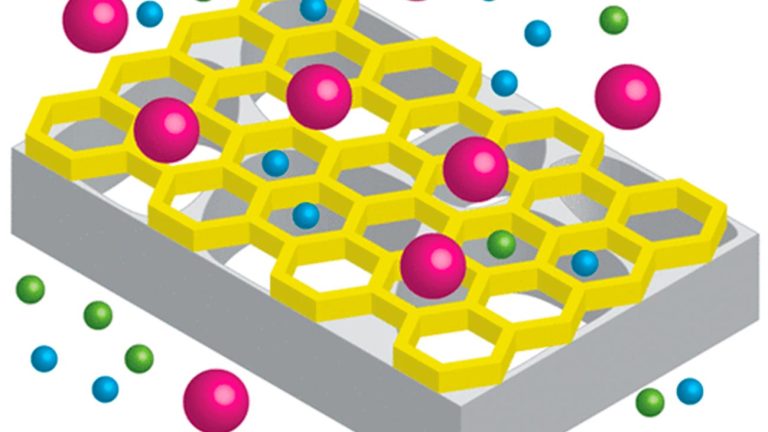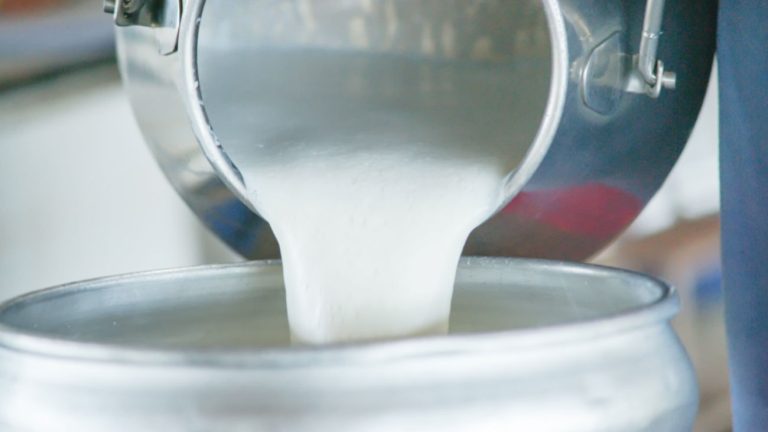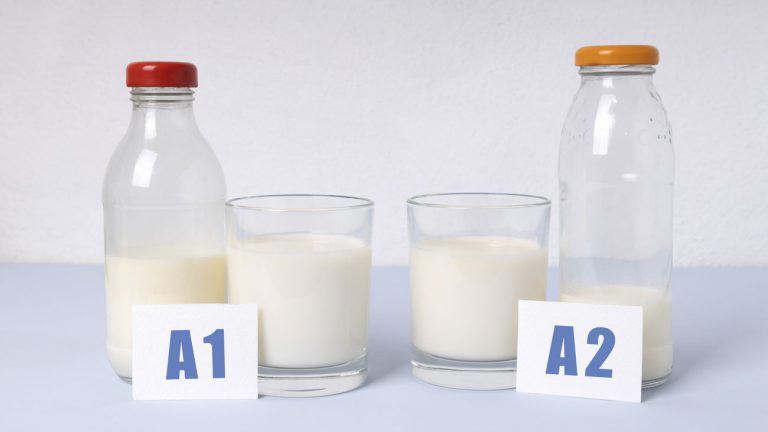Probiotics are viable microbes – typically, but not exclusively, bacteria – that, when administered in sufficiently large quantities, exert positive effects on human or animal health.
A large number of bacterial strains are being isolated worldwide with the aim of finding strains with superior properties that are believed to be probiotic. Expensive and complicated animal studies must be preceded by a pre-selection system of in vitro studies, which can quickly, easily, and relatively cheaply select strains – from thousands of isolates – that are hoped to be probiotic in subsequent in vivo experiments.
Bacteria carrying genes responsible for antibiotic resistance cannot be used in food production. For this reason, exploring the antibiotic resistance profile of probiotic candidates and the antimicrobial substances they produce are essential for probiotic strain selection. The aim of the research was to develop and evaluate additional elements of a complex in vitro test system for rapid and efficient selection of a large number of putative probiotic isolates.

In previous works, we had tested bacterial strains (n=217) isolated from Transylvanian raw sheep milk, cultured sheep milk, and sheep cheese samples and we reduced the sample number to a total of six Gram-positive, non-hemolytic, catalase-negative, well-aggregating, good acid and bile acid tolerating strains. Afterwards we investigated the antibiotic resistance and antimicrobial production capacity of the pre-selected strains (n=6). The antimicrobial activity of the isolates was determined by the agar well diffusion assay. Strains E15, E66, E173, E198, and E216 were found to inhibit the growth of both Salmonella Enteridis ATCC 13076 and the control strain (i.e., Lactobacillus acidophilus ATCC 4356). Antibiotic resistance tests were performed by the agar disk diffusion method.

All six isolates belonging to the species of Levilactobacillus brevis and Lactiplantibacillus plantarum were found to be resistant to several antibiotics and, therefore, cannot be used for the manufacture of commercial probiotic products. In conclusion, the developed in vitro test system proved to be capable of effectively screening out unsafe isolates.
For further information on the research project and results please contact the authors at mtki@mtki.hu.
Authors:
SÜLE Judit, VARGA László, HATVAN Zoltán, KERÉNYI Zoltán
Published in Journal of Food Investigation – Vol. 69, 2023 No. 1, pp. 4350-4363






